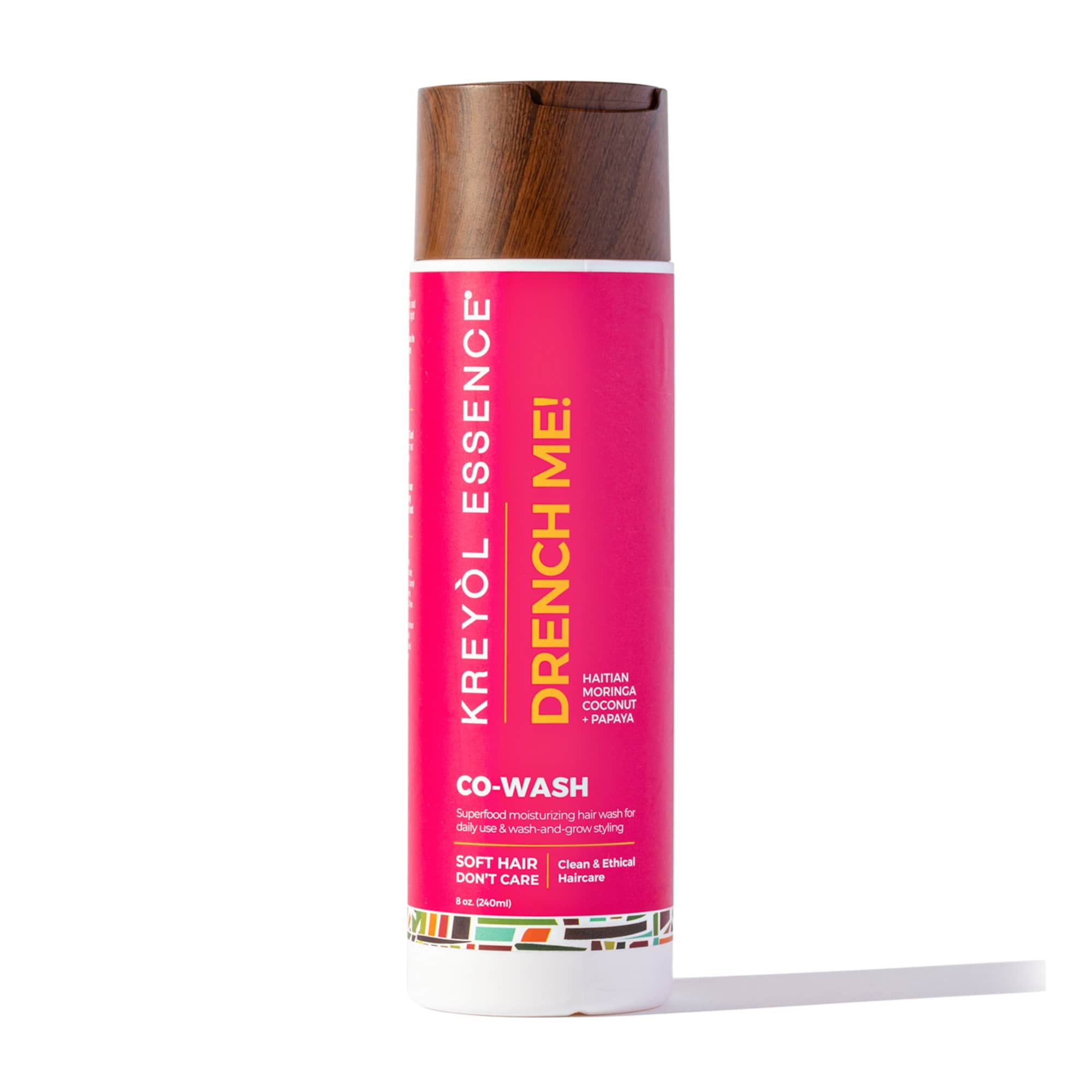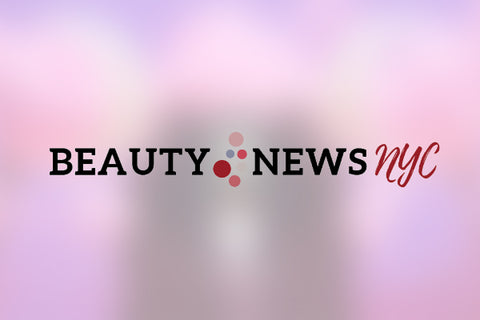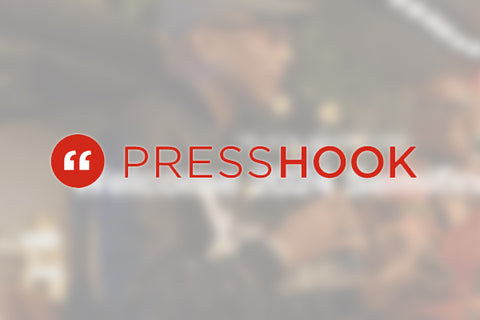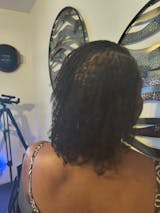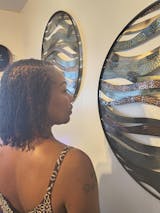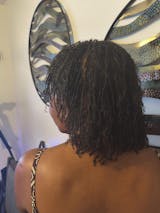News & Press
The Story Exchange: The Ugly, Lovely Effects of the Coronavirus Crisis on Beauty Businesses
How are the women entrepreneurs behind small firms selling skincare and hair products, makeup and more navigating a time when customers are no longer seeing - well, anyone?

Autumn Grant owns a sustainable bath and beauty business, The Kind Poppy, in Nashville. And last month, her business was devastated by tragedy — first, the tornado that ripped through her southern city, and then, a global pandemic.
Grant was forced to close the doors to her brick-and-mortar location in the wake of the coronavirus crisis, becoming solely an e-commerce business overnight. She’s far from alone in having to pivot suddenly at the moment — a survey of entrepreneurs conducted by Goldmann Sachs revealed that 96 percent of them say the virus has already affected their firms.
As people around the world adjust to a life lived at home for the foreseeable future, with interactions limited to social media, Zoom and walks taken at a distance, we wondered: How are small beauty businesses, many of them owned by women, faring? Have sales fallen off while work days and nights out are suspended? Or are people still maintaining beauty routines to hold onto a sense of normalcy?
We spoke with several beauty business owners — and like Grant, saw a troubled landscape. The uptick in sales she observed as Nashville customers rallied around local businesses following the tornado waned as the coronavirus became an increasingly serious issue for Americans. “Customers are scared, and they are starting to cut back on spending,” she told us.
Problems of Supply and Demand
Grant says The Kind Poppy is also grappling with supply chain issues as the companies who provide her ingredients are either selling out of necessities or closing down entirely. It’s impacting not only her ability to make products, but also bottles, labels and shipping supplies.
“When our current supply of bath bombs, bar soaps, lotions and shower steamers are sold out, we will be out of product,” she says, at which point she will have to rely mostly upon gift card purchases for revenue.
Mar Cavallone, founder of makeup line Dome Beauty in Chicago, has been grappling with similar problems thanks to COVID-19. She says she began to notice the effects in early January, as much of her packaging is sourced in China. She was planning a new product launch at the time, and had to find workarounds to make it happen. The additional five new product launches planned for this spring have either been delayed or postponed indefinitely, she says.
In addition, Cavallone’s products themselves are manufactured in hard-hit parts of Europe such as Italy, where lockdown projections are continually extended — leaving her fielding questions from worried customers about the safety of products. (She reassures them that all of her current inventory was made before the crisis began.)
Tami Blake — the San Francisco Bay Area serial entrepreneur behind skincare lines Free + True, which sells to consumers, and Sweet & True Sugaring Co., which sells to other businesses — also had problems getting necessary packaging from suppliers in China. “Conducting business in the midst of a pandemic is challenging and unfortunate, but I am using this experience to step up to the plate and get creative,” Blake says, pointing to new online outreach initiatives she launched to stay connected with consumers. “I’m hustling the way I did when I first launched my businesses.”
In Miami, Yve-Car Momperousse of skincare product seller Kreyol Essence — which gets its main ingredient, black castor oil, from women farmers in Haiti — gets the supply chain struggle. “Figuring out shortages in packaging, ingredients, and the ability to move products from point A to point B has not been for the faint of heart,” she says.



